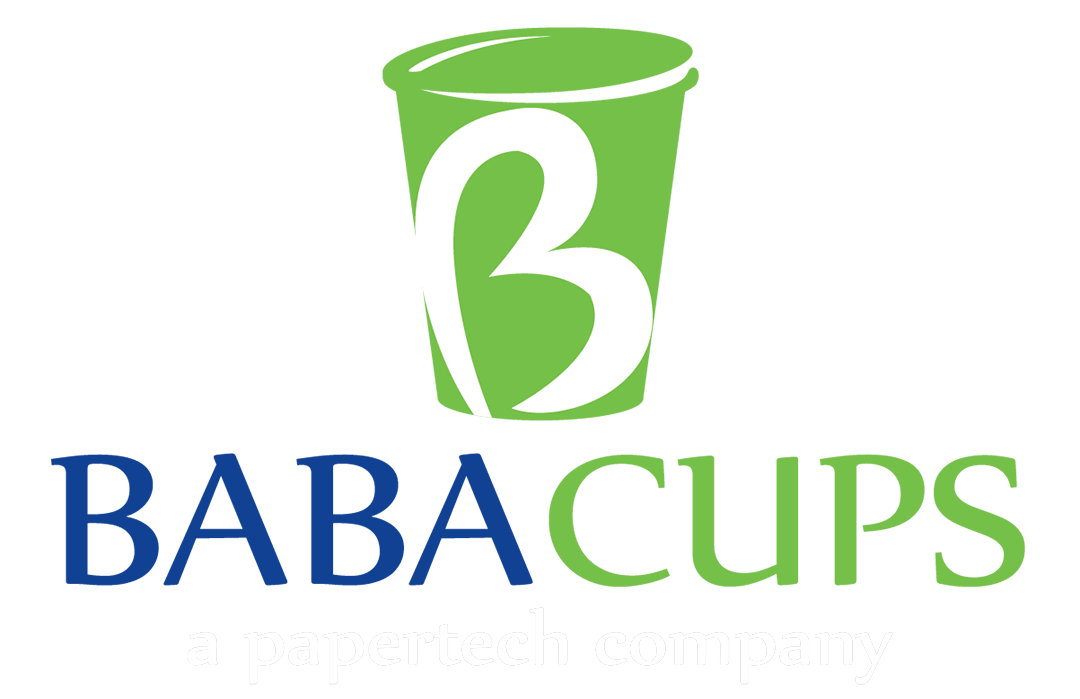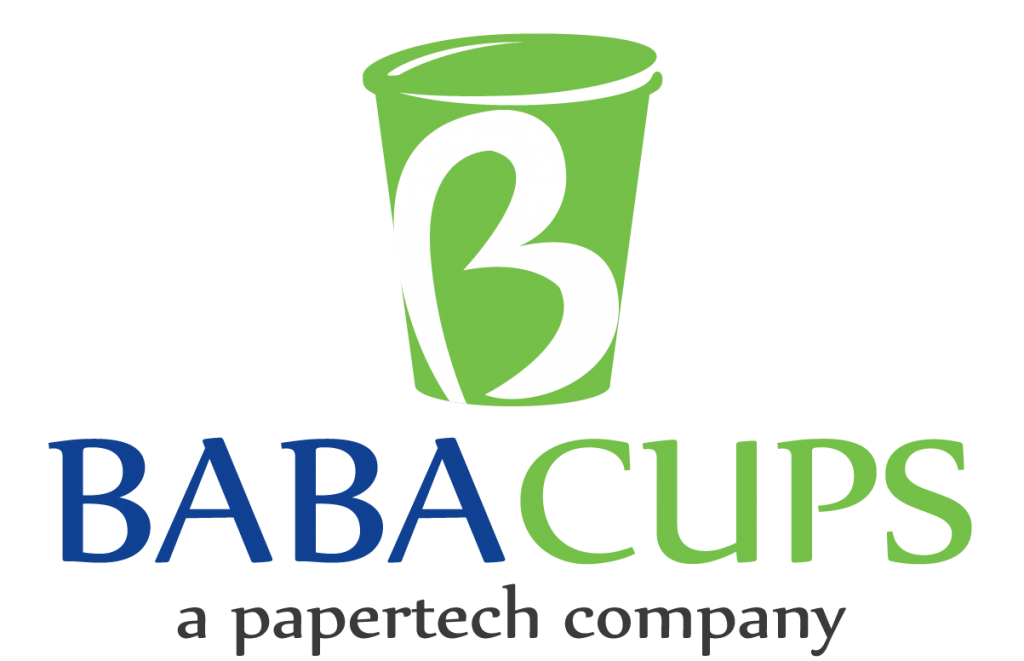In the realm of food packaging, sustainability is not just a buzzword but a guiding principle that shapes the future of the industry. Baba Cups, as a pioneering force in the manufacturing of food wrapping paper, epitomizes the commitment to sustainable practices from farm to table.
The journey of Baba Cups’ food wrapping paper reflects a conscientious effort to integrate eco-friendly solutions into every step. From sourcing raw materials, such as PE-coated paper rolls, to the meticulous manufacturing process, Baba Cups ensures a sustainable footprint. The emphasis on high-quality, food-grade paper aligns with their dedication to providing packaging solutions that are not only functional but environmentally responsible.
In the dynamic world of eco-friendly packaging, Baba Cups stands out as a beacon of sustainability, offering a remarkable journey from farm to table with their food wrapping paper. Let’s embark on a narrative that unveils the green initiatives and conscious choices that define the sustainable essence of Baba Cups.
- Ethical Sourcing: At the core of Baba Cups’ commitment to sustainability is their emphasis on ethical sourcing. The journey begins on farms where responsibly managed forests provide the raw materials for the paper. By prioritizing ethical forestry practices, Baba Cups ensures the preservation of ecosystems and biodiversity.
- Eco-Friendly Manufacturing: The manufacturing process employed by Baba Cups is a testament to their dedication to environmental stewardship. Utilizing cutting-edge technology, they minimize energy consumption and water usage, contributing to a reduced carbon footprint. The food wrapping paper is crafted with precision, meeting the highest standards of quality and eco-friendliness.
- Minimal Waste Production: Baba Cups understands the importance of waste reduction in achieving sustainability goals. Their manufacturing processes are designed to minimize waste generation, with a focus on recycling and repurposing any by-products. This circular approach ensures that the environmental impact is not only minimized but contributes positively to waste management.
- Biodegradability and Composability: Baba Cups’ food wrapping paper is engineered for a seamless return to nature. It boasts biodegradability and composability, ensuring that once it serves its purpose, it effortlessly integrates back into the environment without leaving a trace of pollution. This aligns with the principles of a circular economy, where resources are regenerated rather than depleted.
- End-to-End Sustainability: The journey of Baba Cups’ food wrapping paper doesn’t conclude with its production; it extends to its usage and disposal. Food establishments that choose Baba Cups contribute to the sustainable loop by adopting environmentally friendly packaging, creating a ripple effect of positive change.
Unveiling the Future: The Evolution of Food Wrapping Paper
In a world where sustainability and environmental consciousness are at the forefront, the future of food packaging is undergoing a revolutionary transformation. As we stand at the cusp of a new era, the spotlight is on the humble yet vital component of food packaging—wrapping paper.
1.Sustainable Packaging Trends
The future of food wrapping paper is intricately tied to sustainable packaging trends. Consumers are increasingly demanding eco-friendly alternatives, prompting the industry to innovate. Plant-based materials, recycled content, and compostable options are becoming the norm, aligning with the global shift towards a greener future.
2.Innovation in Material Structure
The evolution of food wrapping paper involves simplifying material structures. Manufacturers are exploring ways to increase plant and paper-based content while ensuring food safety. This not only addresses environmental concerns but also enhances the recyclability of packaging materials.
3.India’s Eco-Friendly Initiatives
In India, significant strides are being made towards sustainable packaging. Initiatives such as replacing plastic with eco-friendly paper and incorporating wooden cutlery in transportation services showcase a commitment to eco-conscious practices.
4.Global Market Growth
The global food wrapping paper market is poised for substantial growth. Projections indicate a remarkable increase in market size, with a focus on sustainable and innovative solutions. The market’s expansion reflects a collective awareness of the need for responsible packaging.
5.Technology’s Impact
The future also holds technological advancements in packaging design. From smart packaging that monitors food freshness to interactive and engaging designs, technology will play a pivotal role in enhancing the functionality and appeal of food wrapping paper.
In conclusion, the sustainable journey of Baba Cups’ food wrapping paper exemplifies a holistic approach that encompasses ethical sourcing, eco-friendly manufacturing, waste reduction, and end-to-end sustainability. As consumers, choosing products with such a commitment to the planet becomes a powerful step in fostering a greener, more sustainable future.
In a world where the choices we make today reverberate into the future, Baba Cups emerges as a symbol of responsible industry leadership. The sustainable journey of their food wrapping paper is a testament to the transformative power of conscious choices. As we wrap our meals with Baba Cups’ eco-friendly food wrapping paper, we participate in a sustainable narrative that transcends mere packaging – it becomes a statement about our collective responsibility to nurture and preserve the planet.
In essence, Baba Cups not only provides a product but also cultivates a mindset – a commitment to sustainability that echoes through every layer of their food wrapping paper, making it a truly green choice for the environmentally conscious consumer.


